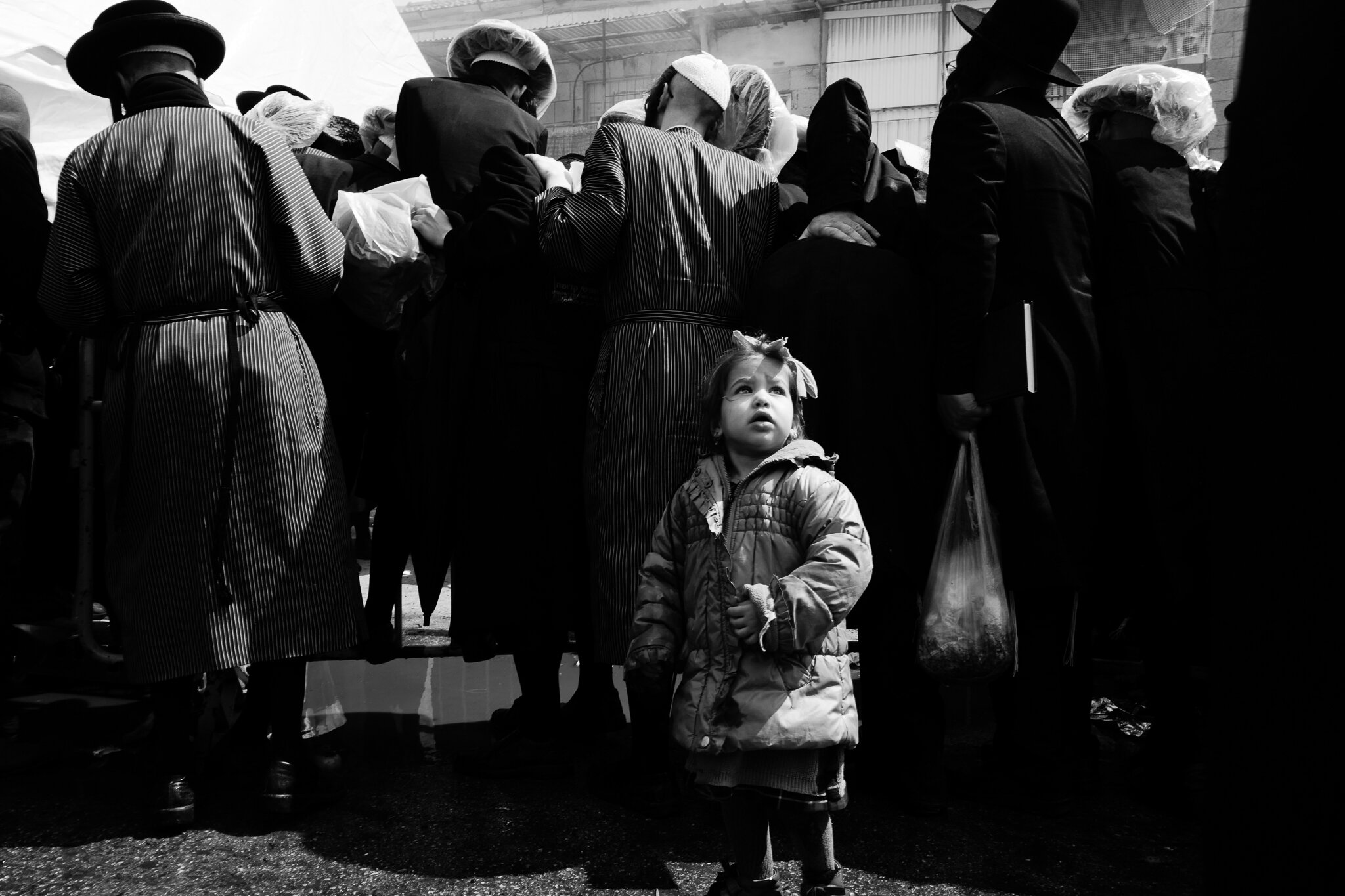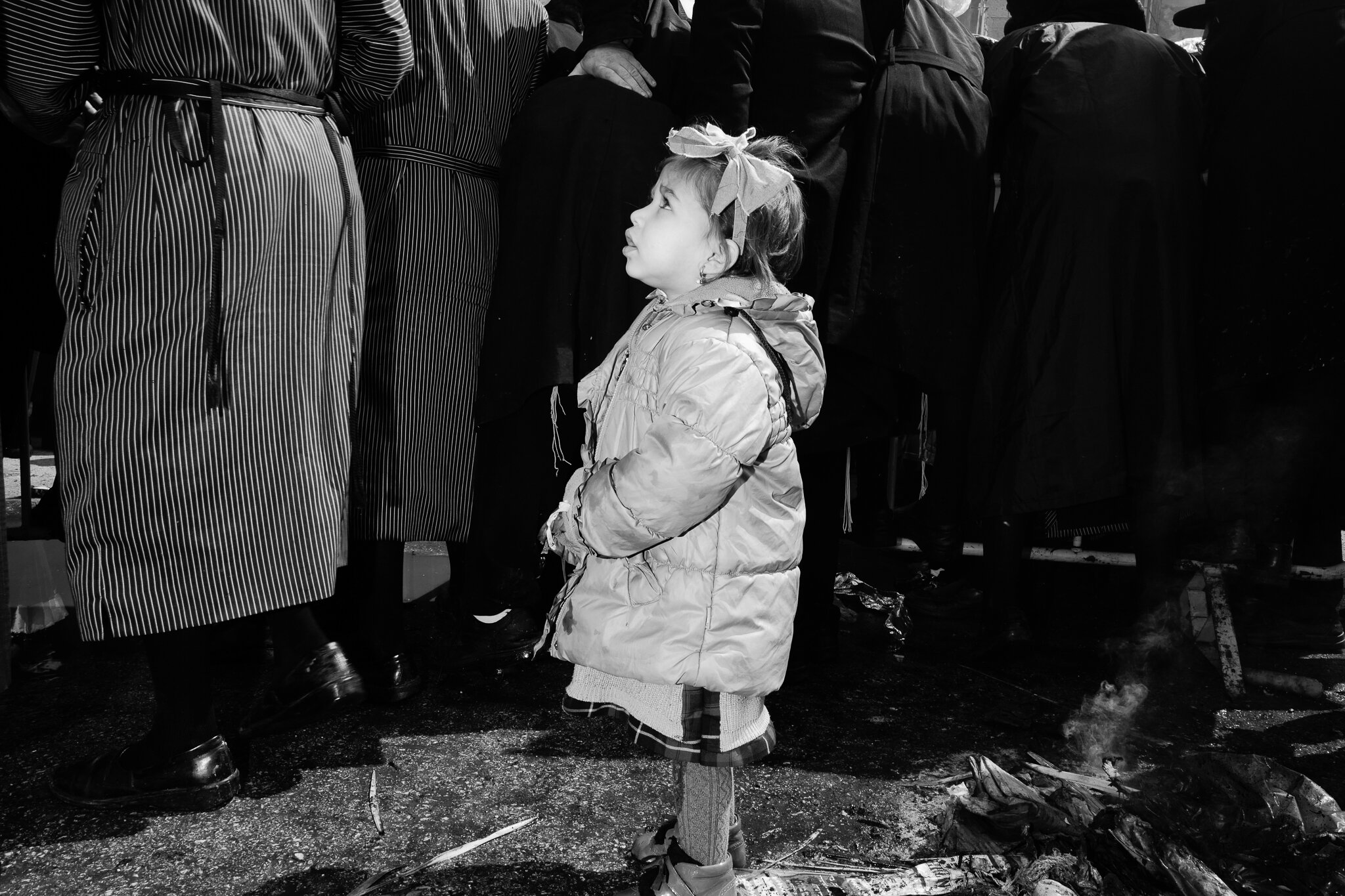Passover
by Shimi Cohen
The prohibition of chametz* is a severe prohibition at every moment of the holiday - "not to be seen and not to be found."
Chametz has no lesson or measure, it is forbidden even in 'something', not even in a minimal amount! And it can not be cancelled, even if you mix it in something that is allowed, because a small crumb forbids eating - a huge stew.
What's the 'story' with the chametz that is so forbidden? That not even a crumb is allowed? After all, we eat chametz all year round - and enjoy it!
During the year we saw ourselves as flaws that made life difficult for us, and we would like to 'burn' them, do we have some pride or condescension about the other?
A little anger, a little bitterness and sadness ...
A person who is a little self-deprecating, living a happier and happier life. But, it is difficult for a person to work on his measurements, what will he do?
Let him decide he does.
On the eve of the holiday - a chametz test is performed at home 'Holes and cracks', what is the implication of a chametz test on the human soul?
"And he shall not show you chametz and you shall not show you a lesson in all your limits" - the Torah forbade two types of chametz, chametz and shaur** (Pesachim***, Mah.
According to the rabbis and religion, chametz and shaor symbolize two types of evil instinct:
Chametz - symbolizes pride. Shaur - symbolizes bitterness, which leads to sadness and despair.
These are the two passions that lead the human soul to doom! According to the rabbis and religion. The greatest destruction and devastation there is in human life, comes - from these dimensions!
By and large for me burning is just not eating the carbs I love so much in any type of pastry.
Hag Sameh
Mea Shearim - Jerusalem, March 2021


*Chametz (also chometz, ḥametz, ḥameṣ, ḥameç and other spellings transliterated from Hebrew: חָמֵץ / חמץ; IPA: [χaˈmets]) are foods with leavening agents that are forbidden on the Jewish holiday of Passover. According to halakha, Jews may not own, eat or benefit from chametz during Passover.
**Shaur = Sourdough is a stable culture of lactic acid bacteria and yeast in a mixture of flour and water. Broadly speaking, the yeast produces gas (carbon dioxide) which leavens the dough, and the lactic acid bacteria produce lactic acid, which contributes flavour in the form of sourness.
***Pesachim (Hebrew: פְּסָחִים, lit. "Paschal lambs" or "Passovers"), also spelled Pesahim, is the third tractate of Seder Moed ("Order of Festivals") of the Mishnah and of the Talmud. The tractate discusses the topics related to the Jewish holiday of Passover, and the Passover sacrifice, both called "Pesach" in Hebrew.

































